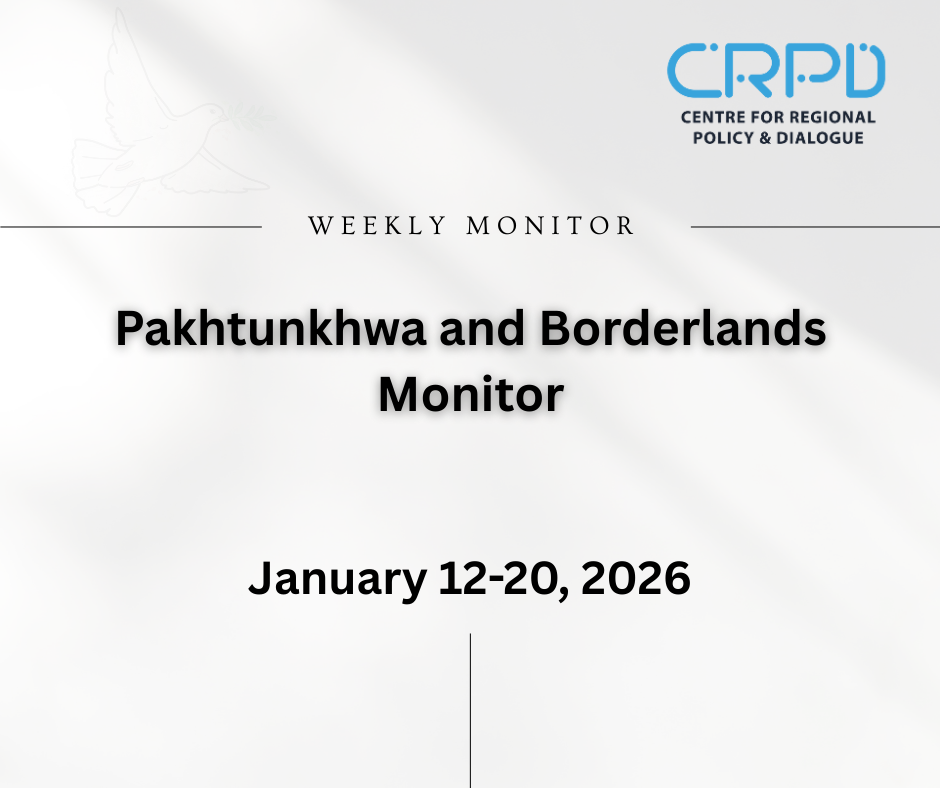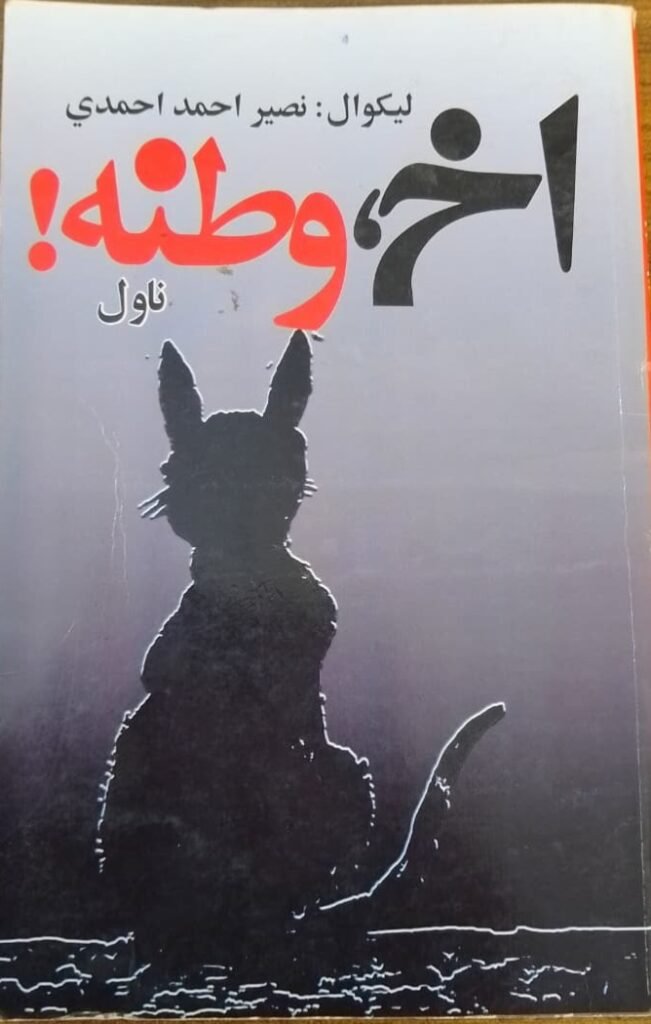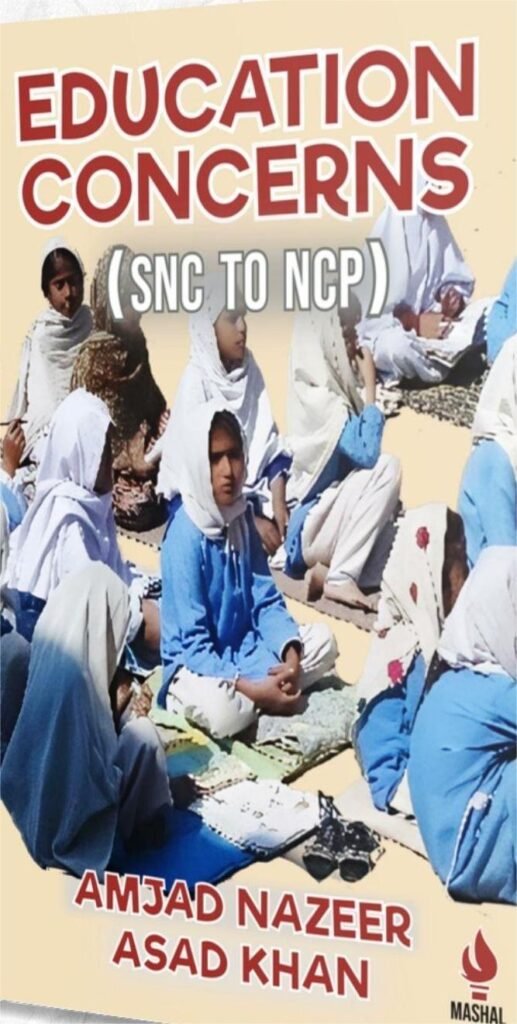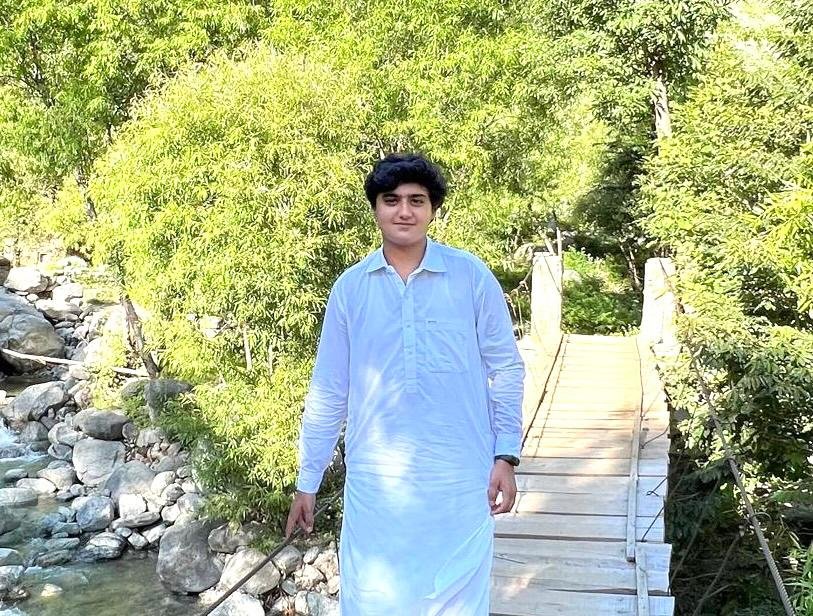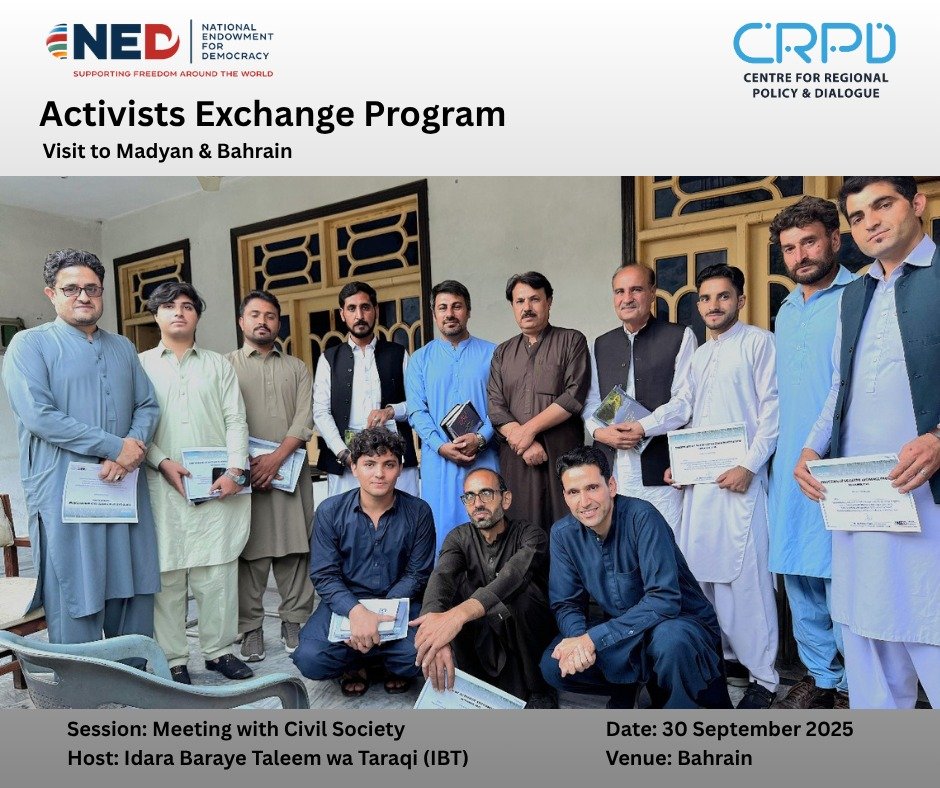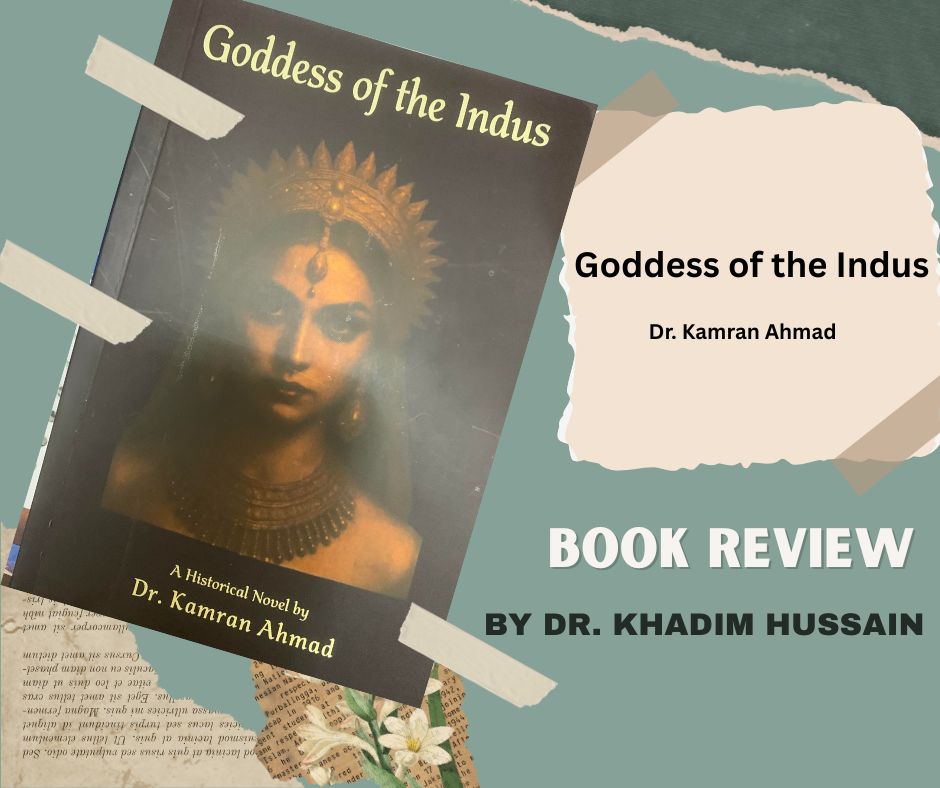By Khadim Hussain
1. Would you like to give your opinion related to dynastic politics and its effects on Pakistani politics?
Ans: The definition of “dynastic politics” by academic, media and social media circles in Pakistan is problematic. They give perception as if continuation of political struggle for democracy in a family over generations in Pakistan is a privilege just like continuation of civil service or military officer cadre in a family is a privilege. Political struggle for democracy in Pakistan by political parties is mostly sustained by those who have familial stakes in politics, economy and stability in Pakistan. The major challenge for politics in Pakistan is interference of civil-military bureaucracy in forming foreign, internal and security policies of the country. In fact, this has so far hampered democratic development in Pakistan.
The ones without familial connections with the land and people of the land like Moeen Qureshi, Shaukat Aziz, Sikandar Mirza etc is a case in point. They came at the behest of the establishment and they left without any contribution because their families did not live in Pakistan. On the other hand, the continuation of Bhutto family, Wali Khan’s family, Mufti Mahmood Family, Nawaz Sharif family and others continue to contribute to political vibrancy in Pakistan. Their history is replete with sacrifices of their lives and their properties. Hence, it is not dynastic privileges but continuation of sacrifices. Democracy would perhaps have never taken roots in Pakistan without the struggle of ANP (NAP), PPP, PML N and JUI.
2.Would you like to give your opinion about dynastic politics and the role it may play in the development of Pakistan?
Ans: Whatever infrastructural, economic, social and political development one can see in Pakistan is because of the continuation of political struggle by the political parties led by those who have strong familial connection with the masses.
The 1973 Constitution of Pakistan was framed and adopted by Zulfiqar Ali Bhutto (the then prime minister) and Khan Abdul Wali Khan (the then opposition leader). The land mark 18th Amendment was the result of the collective wisdom of ANP, PPP, JUI and PML N. The CPEC was initiated by PPP and carried forward by PML N. The nuclear arsenal (though one may not agree with it) was initiated by Bhutto and announced by Nawaz Sharif. International isolation of Pakistan was ended by civilian governments led by those who have familial continuation in politics. All the motorways, universities, big hospitals, most of the small dams and industrialization were carried out by ANP, PPP and PML N. The political parties with familial continuation have given tough resistance to martial law dictators throughout political history of Pakistan.
On the other hand, alliance with one or other super power in Cold War era was pushed by dictators and the resultant regime of private militias, terrorism and extremism were pushed forward and permeated by either military dictators or their cronies who have no familial continuation in politics. The establishment-supported PTI rose to prominence with a slogan of “anti-dynastic politics”. During its 10 years govt in Khyber Pakhtunkhwa and four years government in Center, Pakistan went to international isolation and the country’s economy crumbled down. The country was put on the path of authoritarian populism. Crisis of governance is perhaps the only achievement of PTI’s rule. Moreover, the PTI has to depend completely on “dynastic politics” in the form of Fawad Chaudhry, Shah Mahmood Qureshi, Jahangir Tareen, Hafeez Shaikh, Asad Umar, Babar Awan etc who are scions of political families.
Keeping in view the above facts, familial continuation in politics is in fact continuation of the sacrifices rendered by leadership of the party for political and democratic development in the country. Only this can be a guarantee for material development of the country.
Three narratives have been traditionally used by the establishment against the genuine political leadership in Pakistan to discredit political parties, push back democratic development and suppress political process: the notion of “dynastic politics”, “corruption” and “foreign agent or traitor”. Even the sister of the father of the nation, Fatima Jinnah, was not spared.
3. I would like to know about your point of view about the merits and demerits of dynastic politics in Pakistan.
Ans: Familial continuation in politics has the following merits:
- It has stakes in the country which compels the scions of political families to remain connected with the masses and do all possible development.
- It provides genuine leadership to political parties.
- It has little chances of being manipulated by the establishment.
- It is well-connected with the rest of the world.
- It is well aware of the governance complexity in Pakistan.
- It induces objectivity in politics and remains detached from personal clashes.
- It creates democratic structures within their parties to remain connected with the masses.
- It provides focal point for various viewpoints within political parties which keep the parties intact in times of severe distress.
- It provides a strong base to political process due to institutional memory of the party. The institutional memory for a political party is as significant as its manifesto.
- It crates history which provides rallying points for all those affiliated with the party and would be affiliated with the party in future.
- The establishment is unable to micromanage a political party if it has a genuine leadership with familial continuation.
4. Would you like to enlighten us about real democracy? Do you feel that there should be real democracy in Pakistan?
Ans: The term “real democracy” is again problematic because there can be either democracy or no democracy or quasi-democracy. Pakistan is a quasi-democracy because political process is engineered, representation is manipulated, leadership is test-tubed, parliament is restricted through various tactics and policies are formed by unelected supra-constitutional and anti-democratic forces. Most of the democratic struggle in Pakistan is based on the strategies to outwit and outmanoeuvre the powerful establishment. Until interference of establishment in politics is ended, Pakistan will remain a quasi-democracy.
Pakistan can become democracy only when genuine representation is ensured, federating units have equal share in decision making and resources, National Assembly and Senate have equal powers, separation of powers is strictly implemented, provincial autonomy is ensured, fundamental rights are guaranteed and all institutions are decolonised. Pakistan can only be called democracy when discrimination in centre-periphery, nationalities, gender and classes are done away with. Pakistan can only be called democratic when the three-tiered constitutional requirement of local, provincial and federal governments is genuinely implemented. When revolutionary reforms are brought about in civil-mil services, judiciary, education, health and governance.
Pakistan can be called democracy when all policies including foreign and security policies are formed and approved by the parliament not by the establishment. When foreign policy and security policy are based on economic interests of the people not on strategic interests. Pakistan can be called democracy when human security is the core of state narrative.
5. How can we balance dynastic politics in Pakistan?
Ans: Again the term “dynastic politics” or its link with democratic and economic development is dubious. In fact what needs to be neutralised is the interference of establishment in politics. What needs to be checked is the use of religion for political and personal interests.
It is apt to be repeated. Pakistan can become democracy only when genuine representation is ensured, federating units have equal share in decision making and resources, separation of powers is strictly implemented, provincial autonomy is ensured, fundamental rights are guaranteed and all institutions are decolonised. Pakistan can only be called democracy when discrimination in centre-periphery, nationalities, gender and classes are done away with. Pakistan can only be called democratic when the three-tiered constitutional requirement of local, provincial and federal governments is genuinely implemented. When revolutionary reforms are brought about in civil-mil services, judiciary, education, health and governance.
6. Your suggestions for the development of democracy in Pakistan.
Ans: My suggestions for democratic development of Pakistan:
- Micromanagement of political parties and constructing of fake leadership must be immediately stopped.
- Media must be completely free of all restrictions.
- Civil society consisting of all political parties, media organisations, labour unions, lawyers organisations, teachers organisations, academia, intelligentsia, traders and farmers organisations must take responsibility to resist manipulation and engineering by the powerful state institutions.
- Exploitation of religion for personal and political interests must be done away with.
- Extremism and hate mongering in the form of private militias, in education, in media and other outfits must be contained.
- Conditions must be created to include people belonging to all faith denominations in representation, decision making and jobs.
- Conditions must be created to allow women to play their effective role in politics and society.
- The state narrative of stigmatising politics must be immediately done away with.
- All languages, ethnicities, cultures and sects must be included in social and political decision making.
- Targeted killings and enforced disappearances in Balochistan, Khyber Pakhtunkhwa and other parts of the country must be immediately brought to an end. Extortion must be strictly uprooted.
- Laws that hamper political and democratic development like Action in Aid of Civl Power and PECA must be done away with.
- Legislature, judiciary and executive must remain independent.
- Parliament must be accepted and acknowledged as supreme. Civil supremacy must be established.
- Profiling and discrediting of political leadership through the unsubstantiated allegations of “corruption” and “foreign agent” must be stopped in media and social media.
- Governance must be effective, transparent and accountable. Across the board accountability of politicians, judges, generals, journalists, landlords and business tycoons must be institutionalized.
- Human security must be the core of state narrative.
- Friendly trade relations must be established with neighbors as well as with the rest of the world. A policy of non-alignment must be adopted with dialogue to resolve disputes as a core policy.
The writer is Provincial Culture Secretary of Awami National Party (ANP) and can be reached on khadimhussainpajwak@gmail.com
